Redacción: IPS
Una niña cuya familia huyó de los combatientes de Boko Haram, en la entrada de una improvisada tienda de campaña en un campamento para desplazados internos en Maiduguri, la capital del estado de Borno, en el noreste de Nigeria. El extremista grupo islamista ha secuestrado a miles de niñas y las ha convertido en esclavas sexuales y forzado a matrimonios no deseados, entre otros abusos.
“Nos sacaron a la fuerza y nos mantuvieron como prisioneras”, dijo Lydia Musa, quien fue secuestrada por Boko Haram cuando tenía 14 años, durante un ataque en Gwoza, un municipio del estado nororiental de Borno, en Nigeria.
Musa y otras dos niñas menores de edad fueron apresadas y obligadas a casarse con combatientes de Boko Haram a pesar de sus protestas de que eran demasiado jóvenes para contraer matrimonio.
“Debes casarte, te guste o no, nos conminaron mientras nos apuntaban con sus armas”, contó a IPS la ahora adolescente de 16 años, en Maiduguiri, la capital de Borno, donde reside ahora porque le asusta volver a su localidad y que termine capturada de nuevo.
La violación de Boko Haram de los derechos de las mujeres y las niñas es la parte más notoria de un panorama más amplio de trata de personas, matrimonios forzados y esclavitud que existe en Nigeria.
Cuando el grupo extremista llega a su décimo año de insurgencia, sigue siendo lo suficientemente poderoso como para secuestrar a mujeres y niñas a voluntad, y continúa “atacando a mujeres y niñas como botín de guerra”, dijo en un comunicado Anietie Ewang, investigadora en Nigeria de Human Rights Watch.
Esta nación de África occidental tiene la mayor incidencia de tráfico de personas a través del desierto del Sahara y el mar Mediterráneo hacia Europa. En las zonas del norte y noreste del país donde opera Boko Haram existe una alta incidencia de matrimonios forzados, mientras que en todo el país son frecuentes los casos de niñas “comerciadas” como esclavas modernas.
Boko Haram, cuyo nombre significa “la educación occidental está prohibida”, tiene la reputación de estar entre los cinco grupos terroristas más mortíferos del mundo. Ha impulsado una violenta campaña para imponer un régimen de observancia estricta del Islam en el noreste de Nigeria y en zonas de los países vecinos de Camerún, Chad y Níger.
Se calcula que más de 20.000 personas han sido asesinadas por los extremistas desde que comenzaron su actividad rebelde en 2009.
El grupo también está involucrado en secuestros, tráfico, trata y esclavitud de niñas y mujeres. Cientos de mujeres y niñas han sido secuestradas durante sus 10 años de insurgencia. Pero el secuestro de más repercusión ocurrió en abril de 2014, cuando 276 mujeres fueron sacadas de su dormitorio en la estatal Escuela Secundaria de Chibok, en el estado de Borno.
Aquel masivo secuestro dio pie a una campaña mundial bajo la etiqueta de #BringBackOurGirls (devuelvan a nuestras niñas).
Unos meses después de que las niñas de Chibok fueran secuestradas, el líder de Boko Haram, Abubakar Shekau, comunicó que las vendería.
“Soy quien capturó a todas esas chicas y las venderé”, dijo en un video distribuido por Internet, en el que justificaba la esclavitud humana. “La esclavitud está permitida en mi religión y capturaré a las personas y las convertiré en esclavas”, afirmó.
En consecuencia, ha habido otros secuestros masivos de niñas en la región desde el ocurrido en Chibok.
En marzo de 2015, los combatientes de Boko Haram secuestraron a más de 300 mujeres, niñas y niños en la estatal Escuela Primaria Zanna Mobarti en la ciudad de Damasak, mientras que en febrero de 2018 fueron secuestradas 116 estudiantes en el gubernamental Colegio Femenino de Ciencia y Tecnología de Dapchi, en el estado de Yobe, tras un ataque al centro educativo.
“La forma en que Boko Haram retiene a las mujeres y las niñas contra su voluntad es en sí misma una forma de esclavitud”, dijo Rotimi Olawale, del grupo Bring Back Our Girls (BBOG). El grupo participa en una gran campaña para la búsqueda y el rescate rápido y efectivo de las niñas de Chibok y otras mujeres y niñas secuestradas.
Olawale puntualizó en una entrevista con IPS que Boko Haram también está usando a las cautivas, como las chicas de Chibok, como “valiosas fichas de negociación”, para cobrar rescates y asegurar la liberación de sus combatientes presos en Nigeria.
Cinco años después de su secuestro, según informes, son 112 niñas secuestradas en la escuela de Chibok las que permanecen cautivas, mientras que las demás escaparon o fueron liberadas por Boko Haram por acuerdos alcanzados entre los extremistas y el gobierno nigeriano.
En lo que se considera una referencia implícita a Boko Haram, el Fondo de las Naciones Unidas para la Infancia (Unicef) ha asegurado que desde 2012, los grupos armados ajenos al Estado que operan en el noreste de Nigeria han reclutado y utilizado a niños y niñas como combatientes y no combatientes, han violado a niñas y las han obligado a casarse, entre otros atentados graves a los derechos de la población infantil.
Las historias de quienes escaparon del cautiverio de Boko Haram lo confirman.
Ali Mohammed, un exprisionero de Boko Haram, contó a IPS que mientras estuvo cautivo vio a milicianos de Boko Haram usando a niñas cautivas como esclavas sexuales. “Por la noche, iban libremente al lugar donde las niñas estaban confinadas para tomarlas y obligarlas a tener relaciones sexuales”, explicó.
Otra excautiva de Boko Haram que pidió ser mencionada como Halima destacó que los niños varones nacidos como resultado de la esclavitud sexual se están convirtiendo en la nueva generación de combatientes de Boko Haram.
Halima misma, quien dio a luz a gemelos durante su cautiverio, un niño y una niña, dijo a IPS que los miembros de Boko Haram siempre celebran cuando un bebé nace en sus campamentos.
“Una vez que se den cuenta de que es un bebé varón, comienzan a disparar al aire y gritan con euforia que ha nacido un nuevo líder”, contó.
“Después de dar a luz a los bebés, cargaron al varón en señal de júbilo y conversaron con Allah Akbar, mientras que por el contrario no mostraron alegría alguna con la niña, ni siquiera la tocaron”, rememoró sobre su propia experiencia.
El secuestro de jóvenes por de Boko Haram tiene como uno de sus objetivos el convertirlos en combatientes, confirman estudios sobre el grupo islamista radical.
Unicef asegura que entre 2013 y 2017 más de 3.500 niños, la mayoría de entre 13 y 17 años, fueron reclutados por grupos armados no estatales que los utilizaron en el conflicto armado en el noreste de Nigeria. El Fondo considera probable que las cifras reales sean superiores porque las suyas incluyen solo aquellos casos verificados.
Musa, la adolescente capturada en Gwoza, confirmó que mientras estuvo cautiva vio a niños secuestrados que eran entrenados para ser combatientes del grupo extremista islamista. “En las mañanas, habitualmente les enseñaban cómo disparar armas y perpetrar ataques”, dijo, antes de añadir que algunos de ellos tenían apenas 10 años.
También se sabe que Boko Haram entrena a niños para transformarlos en terroristas suicidas. Otro informe de Unicef, este de 2017, asegura que entre enero y agosto de ese año, 83 menores de edad, principalmente niñas, fueron utilizados por Boko Haram como terroristas suicidas.
El Fondo de las Naciones Unidas para la Infancia destacó que esa cifra era cuatro veces más alta que en 2016.
Fracaso de leyes contra abusos infantiles
Mientras, los intentos legislar contra abusos como el matrimonio infantil, el abuso sexual, el tráfico, la trata y el secuestro han fracasado en el pasado en este país africano.
En 2003, Nigeria adoptó la Ley de Derechos del Niño como un instrumento legal para proteger a los niños de estos abusos, y en ella se incluyó la edad mínima de 18 años para contraer matrimonio.
Pero la Constitución nigeriana no contempla una edad mínima para casarse y la ley fracasó en parte porque varios de los 36 estados en que se divide el país se negaron fracasó en parte porque varios de los 36 estados de Nigeria se negaron a aplicarla.
“También fue un fracaso en los estados donde se adoptó porque solo existía en el papel y no se hizo cumplir”, dijo a IPS la activista a favor de los derechos de las mujeres y las niñas Betty Abah.
Además, en 2016, el Senado de Nigeria, dominado por varones, votó en contra de un proyecto de ley sobre género e igualdad de oportunidades. Ese proyecto penalizaba la trata, el abuso sexual y la explotación de mujeres y niñas y niños. El proyecto también prohibía el matrimonio forzado y establecía los 18 años como la edad legal mínima para contraer matrimonio.
Según Unicef, 43 por ciento de las niñas en Nigeria están casadas antes de cumplir los 18 años. Algunos de los legisladores que votaron en contra del proyecto de ley argumentaron motivos como que su religión permitía el matrimonio de menores de edad.
“Es una muy mala señal de que tenemos un largo camino por recorrer, si aquellos que deben realizar las leyes para proteger a las mujeres y los niños y niñas consideran que tales leyes no son necesarias”, dijo Abah.
Mientras tanto, Musa, puede haber huido del cautiverio de Boko Haram, pero está demasiado aterrorizada para regresar a su hogar. Ahora vive en Maiduguri, a unos 130 kilómetros de Gwoza, donde fue capturada.
“Siempre rezo para que la crisis termine y pueda volver a mi casa, porque ahora no puedo retornar porque no quiero arriesgarme a que Boko Haram me capture de nuevo”, resumió a IPS sobre su vida actual, donde se la pasa prácticamente recluida en el lugar donde vive.
Fuente: http://www.ipsnoticias.net/2019/04/ninas-mujeres-nigeria-convertidas-botin-guerra/
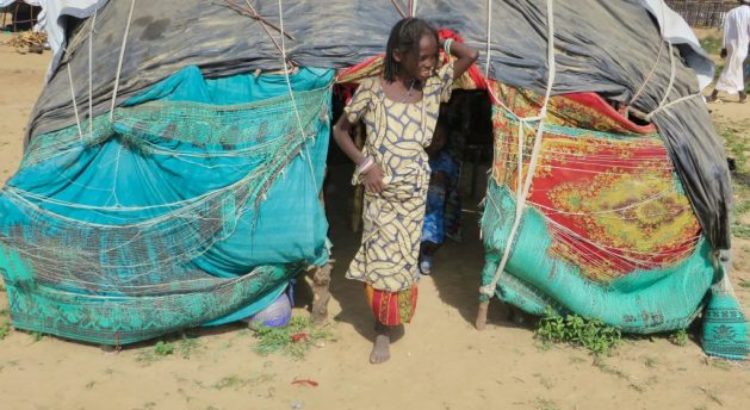
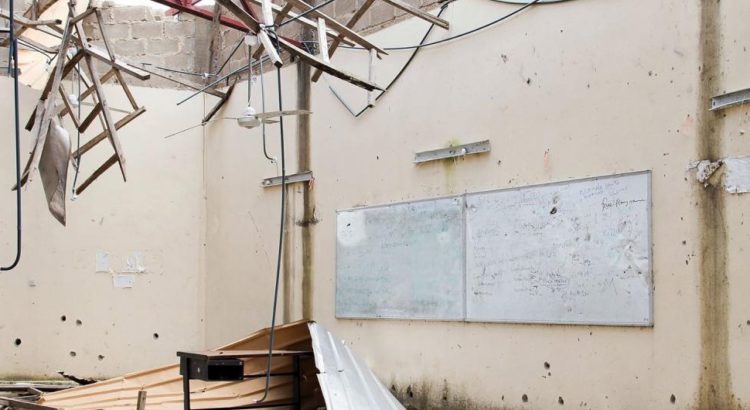
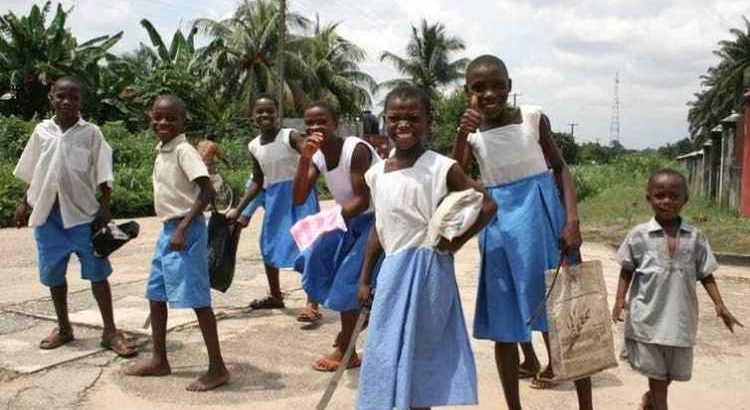
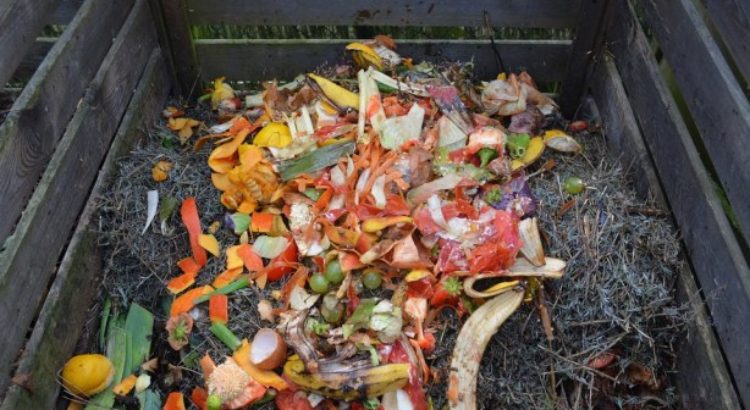
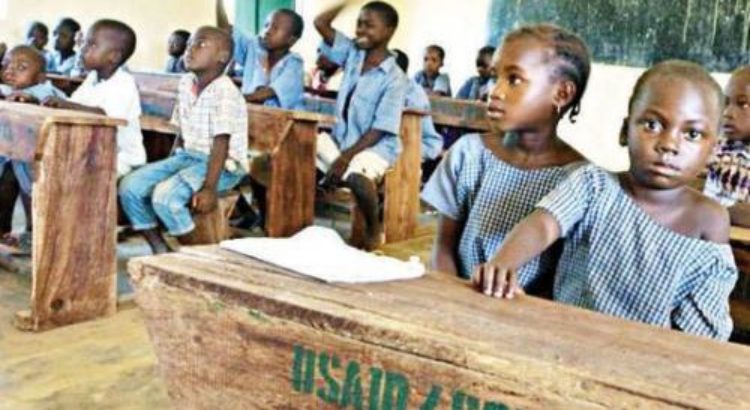
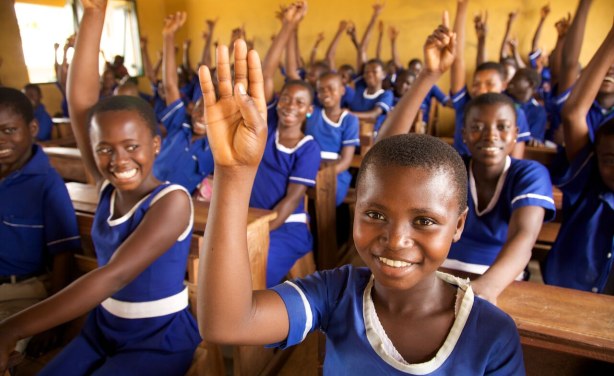
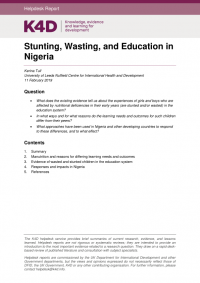





 Users Today : 21
Users Today : 21 Total Users : 35460606
Total Users : 35460606 Views Today : 64
Views Today : 64 Total views : 3419613
Total views : 3419613